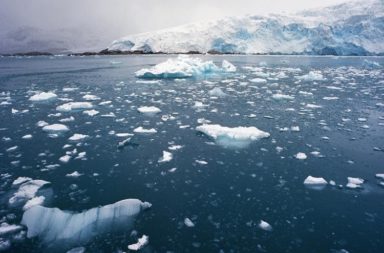The consequences of climate change add up to new kind of emergencies. These are called “planetary emergency”. This has mentioned in the 2020 Global Risks Report, produced by the World Economic Forum in partnership with Marsh & McLennan and Zurich Insurance Group. Implications are catastrophic, wide-ranging and intersecting. Worse still, the complexity of the climate system means that some impacts are still unknown. Established risks include:
Loss of life
More and more species are becoming extinct. Humans, too, will experience loss of life — but potentially unequally. Women and children are 14 times more likely than men to die during natural disasters, which are likely to intensify or become more frequent because of climate change. The elderly and infirm are also at higher risk. Climate change will also lead to increased health spillovers, burdening already stretched health systems, particularly for the poorest and most vulnerable, including in many low- and middle-income countries.
Stress on ecosystems
These emergencies includes the disturbance happening to life below water. Oceans are getting warmer, stormier and more acidic, impacting the health of sensitive marine ecosystems such as coral reefs. As glaciers and ice sheets melt, low-lying geographies will flood; indeed, by 2050, three times more people will be impacted than previously thought.
Additionally, a scenario in which ice-cap melt creates disruption to the Gulf Stream could cause further ecosystem disorder, as well as major change in the pattern of severe weather perils. Another significant unknown risk relates to the potential thawing of permafrost—frozen soil around the poles that stores nearly twice as much carbon as the atmosphere currently holds. (7) If the soil thaws, this carbon could be released with unprecedented consequences.
Food and water crises
Crop yields will likely drop in many regions, undermining the ability to double food production by 2050 to meet rising demand. Because agriculture, livestock and deforestation produce nearly a quarter of global emissions, more efficient use of land is critical; it’s also one of the best potential carbon sequestration options. Water scarcity will increase as well—it already affects a quarter of the world’s population.
Watch this report:
Increased migration
From 2008 to 2016, over 20 million people a year have been forced from their homes by extreme weather such as floods, storms, wildfires and hotter temperatures. Tropical Cyclone Idai, for example, displaced nearly 150,000 people in March 2019. Rising sea levels will increasingly create refugees as people flee low-lying areas. Indeed, defence and intelligence agencies are now regularly warning that climate change could trigger conflicts severe enough to uproot entire populations, but we still need to find a concrete way to deal with such kind of emergencies.





